One Year to Qatar 2022: In the latest of our series of pieces looking ahead to the World Cup finals, The Game columnist Andy Murray wonders whether it’s possible to detach the tournament itself from the host country’s human rights’ abuses
Opinion: Can we truly enjoy a World Cup in Qatar?
A lot has happened in the wider footballing diaspora in the 11 years since it was confirmed the 2022 World Cup finals would be held in Qatar. England remain wedded to glorious failure. Liverpool have finally ended their quest for a Premier League title. Jose Mourinho’s defenestration of his own legacy continues apace.
Right from the beginning, the decision invited skepticism – whether from Qatar’s abysmal human rights record, the illegality of male homosexuality in the state, the oppressive summer heat and the need to build new stadiums in a place wedded to the kafala system, which binds migrant workers to their employers. Football is, of course, far from the only sport to go down this route. Boxing, Formula 1, tennis and golf, among others, all take their spectacles to the state.
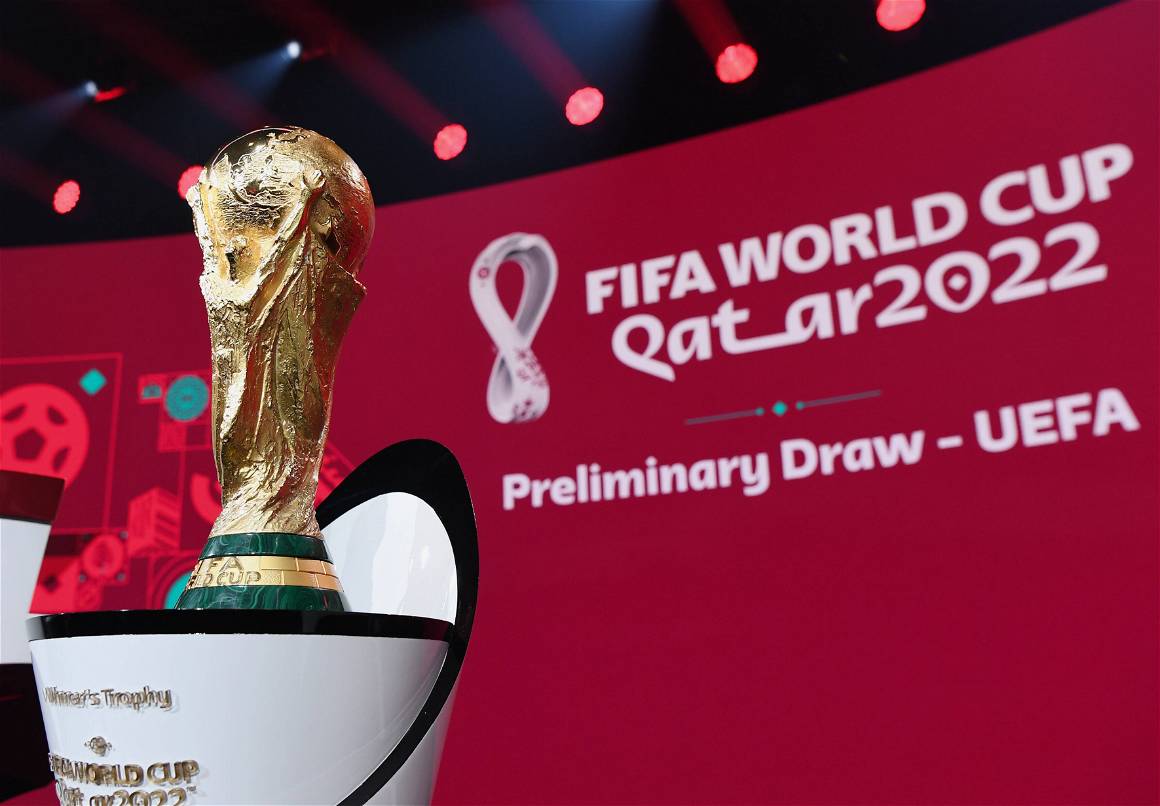
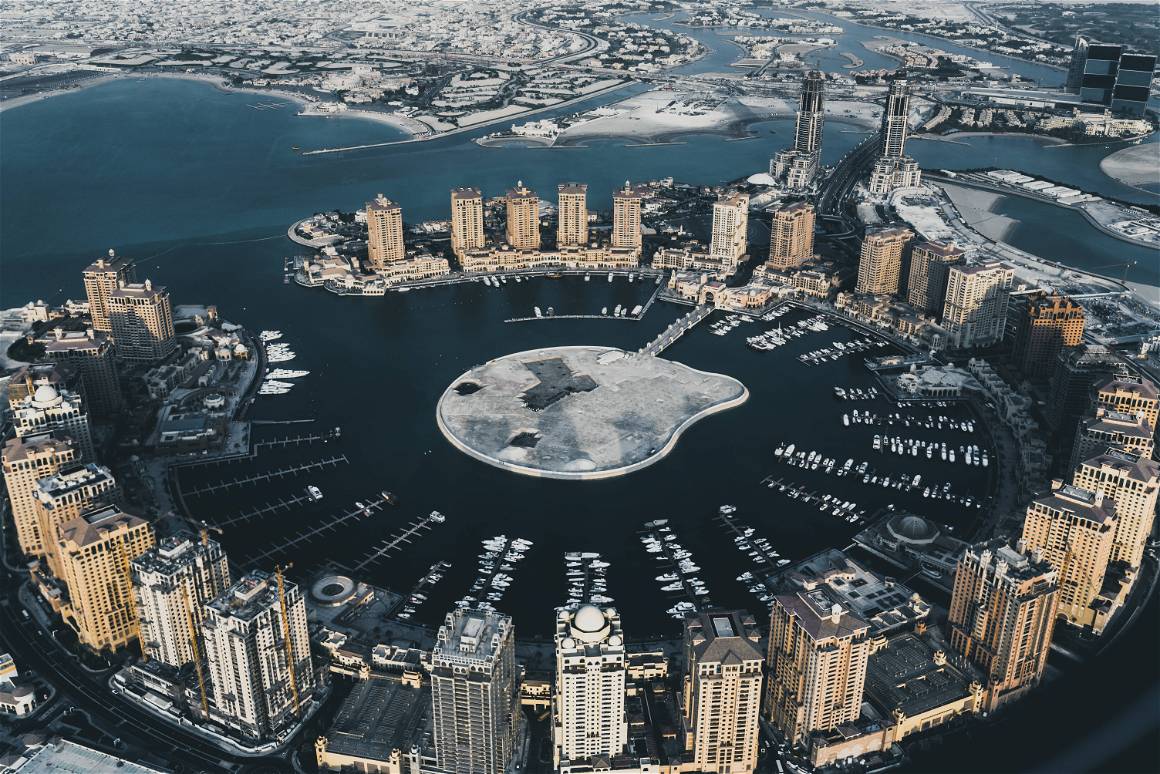
“Heat is not, and will not, be an issue,” boldly claimed bid chief executive Hassan Al-Thawadi. The tournament will in fact be staged in the winter because a summer tournament would represent a material risk to the participants’ safety. Players at Europe clubs will feature for their clubs until November 13, ahead of a tournament due to begin on November 21. A week’s preparation for a tournament to which many have devoted four years of their lives hardly seems fair. Early upsets seem inevitable.
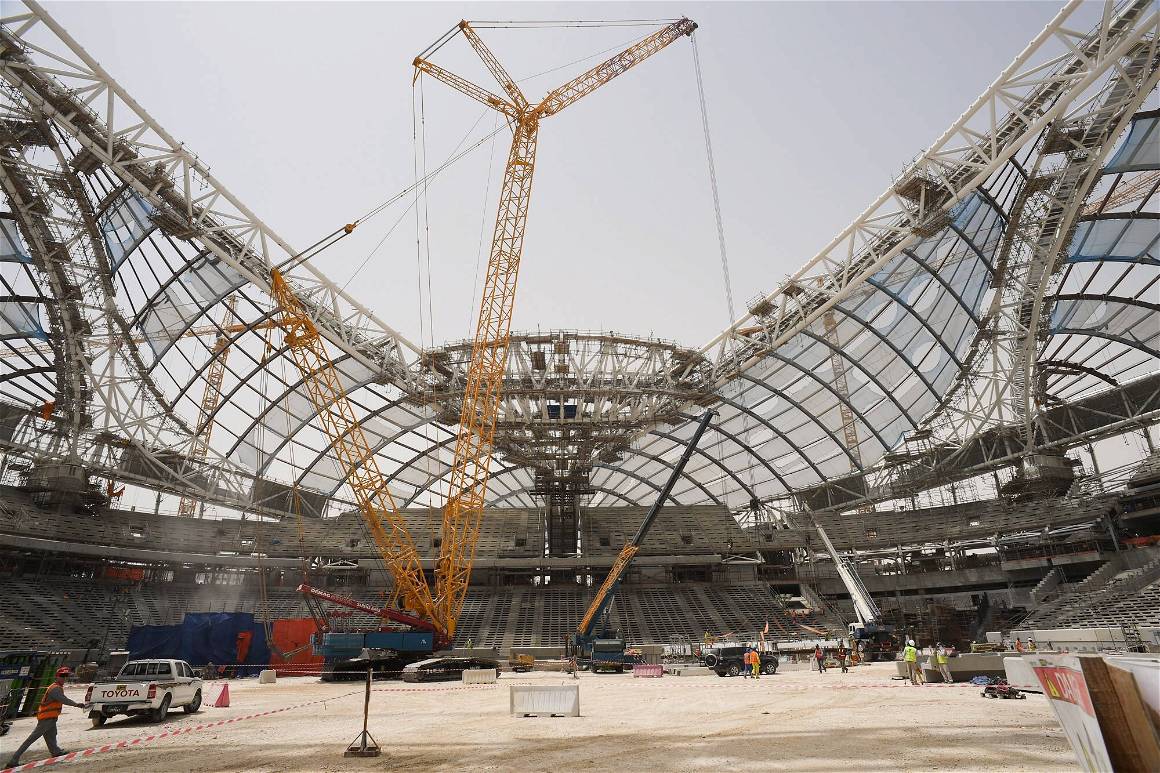
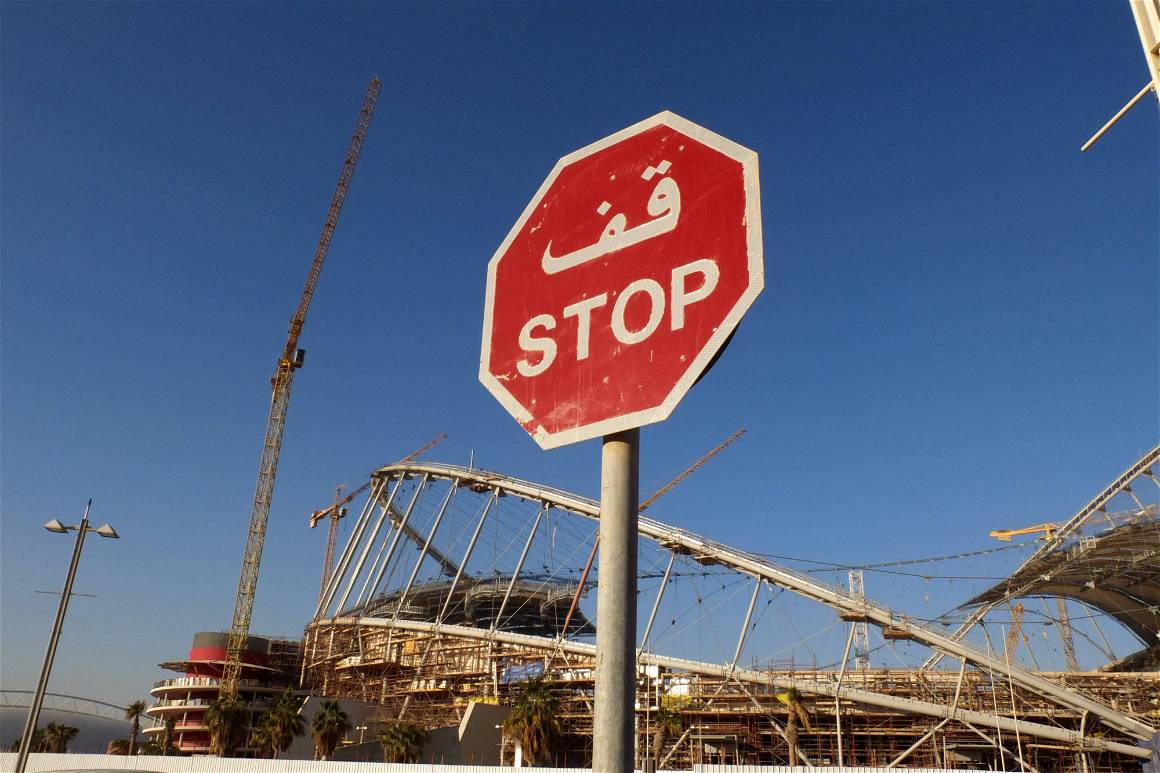
Since 2010, some 6,500 migrant workers from south Asia have died in Qatar, according to Amnesty International figures. The country’s organising committee, reports just 38 worker deaths on construction projects, 35 of which are “non-work related” and don’t require compensation to families. The majority are attributed to “natural causes” or cardiac failure, lacking consideration for the exposure to extreme heat while building stadiums and infrastructure for the tournament.
“I did not receive any compensation from Qatar. The camp boss said the company had no compensation rules for those who died of heart attacks and those not on duty,” said Bipana, the wife of Tul Bahadur Gharti, a 34-year-old construction worker from Nepal who died last year.
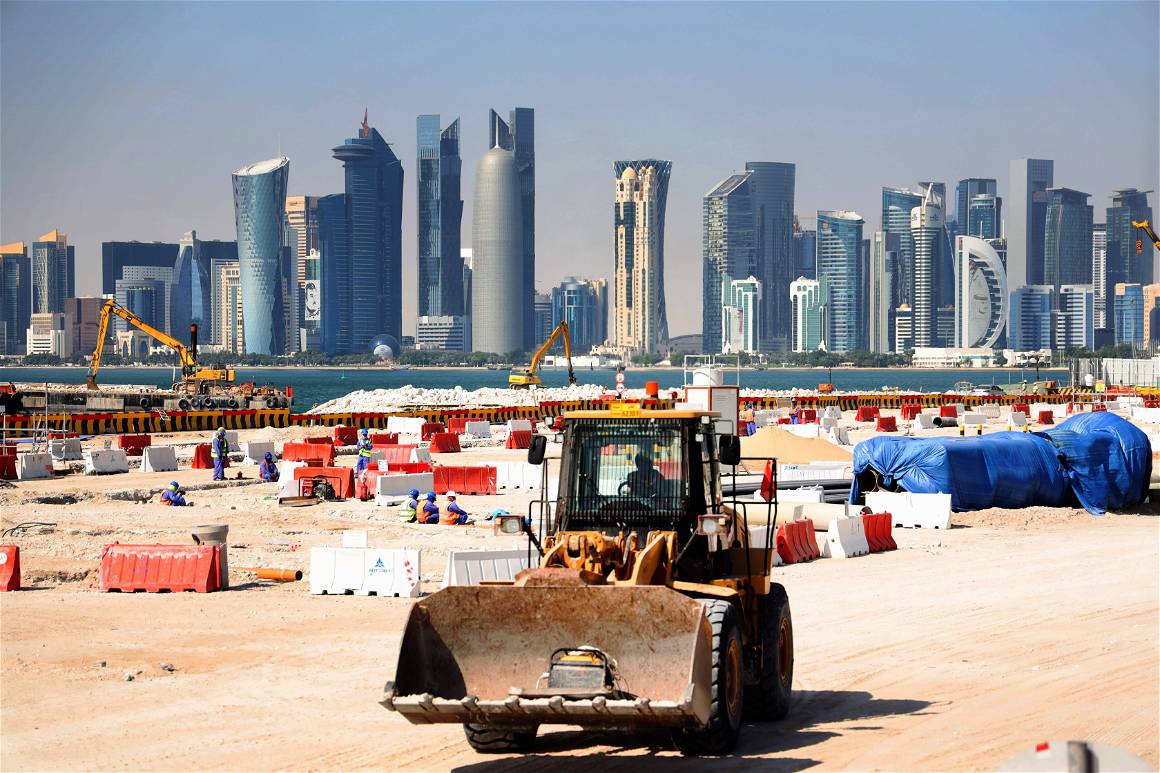
Amid the bad press, Qatari authorities have taken some steps to improve working conditions. Migrant workers no longer need their employers’ permission to leave a position and in May the summer working hours ban, when workers cannot operate outdoors during the hottest part of the day, was extended by a month. Yet authorities’ continued reluctance to investigate deaths remains.
“They have little hope of remedy, compensation or justice. After the World Cup, the fate of the workers who remain in Qatar will be even more uncertain,” said Mark Dummett, Amnesty’s global issues programme director.
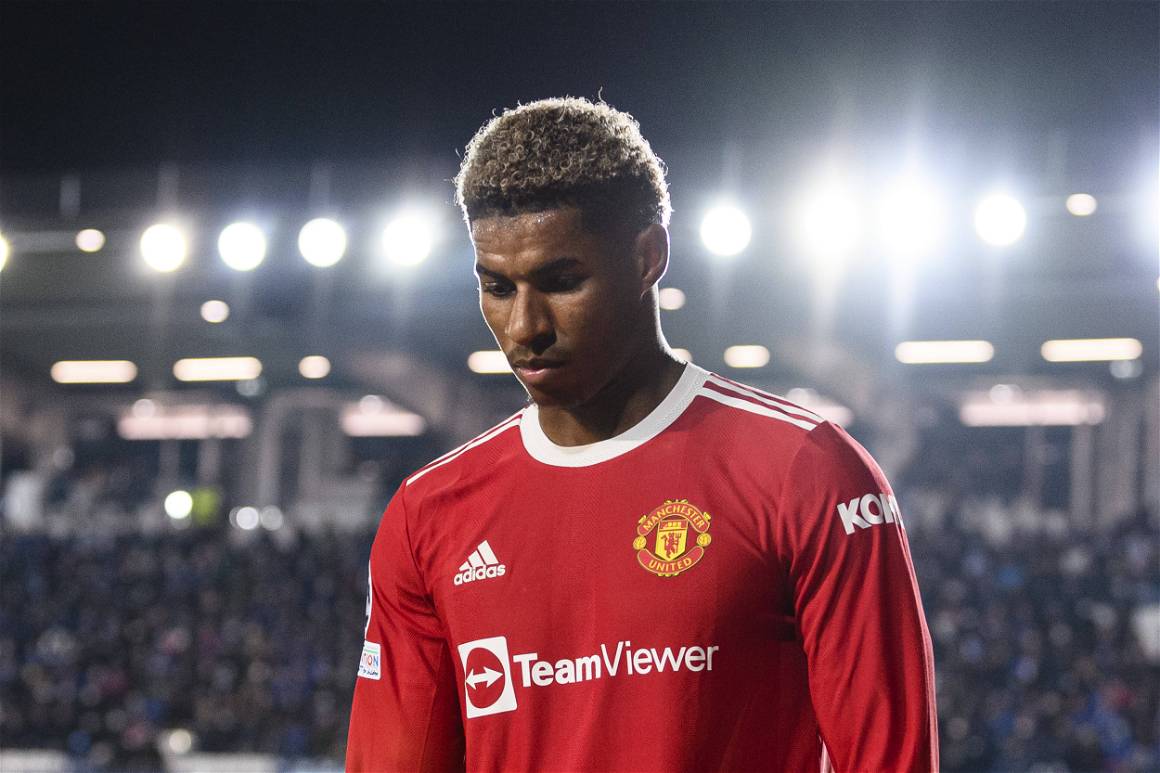
“Stick to the football,” the beautiful game’s players are frequently told when trying to use their voice as a force for change. Sometimes, as in the case of Marcus Rashford trying to feed hungry children, his manager even tells him to do so. Yet, when interests don’t only lie within the sport itself, is it any wonder footballers are beginning to call out things they disagree with?
“If there is any way players can help going forward and help in different situations, I am sure us as players and part of the England setup will try to do that,” said Three Lions centre-back Conor Coady recently. “We are not robots, we are humans, we are seeing things in the news that are going on every day. But we’ve always said to ourselves over the last year that the most important thing is to get to where we want to be, which is to Qatar, and honestly speak about the situation when the time is right.”
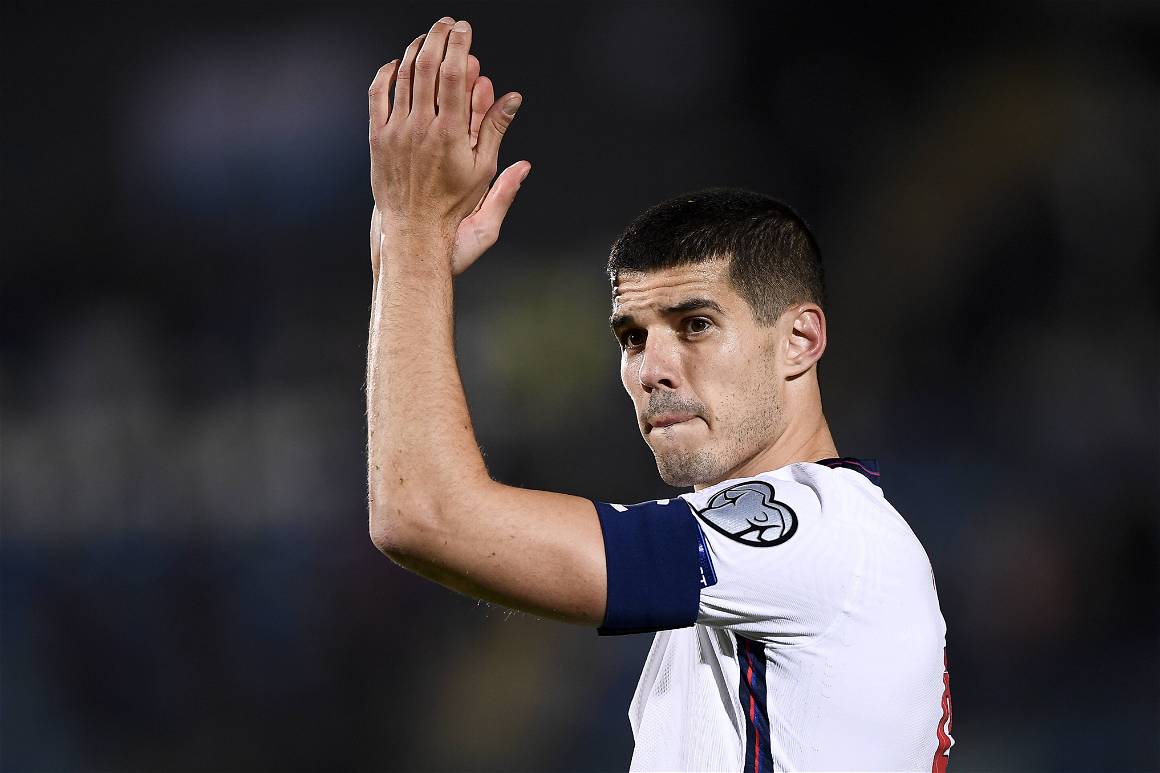
With England now qualified for the finals in a year’s time, the platform is there for change. Nobody is expecting a wholesale reappraisal of the entire Qatari apparatus, but the calling out of working practices, a greater acceptance of minorities by the ruling elites and a continued relaxation of kafala practices are achievable goals which would materially improve the lives of thousands of migrant workers in the country and gay men who may want to actually attend the finals without fear of imprisonment.
Led by the international players’ union, Fifpro, and the Building and Wood Workers’ International trade union, plans are in development for a permanent workers center in the country that would support the migrant population’s rights. Adidas are among the tournament sponsors to publicly declare its support for such a center.
It won’t be easy, but even the vaguest possibility of change is to be applauded.
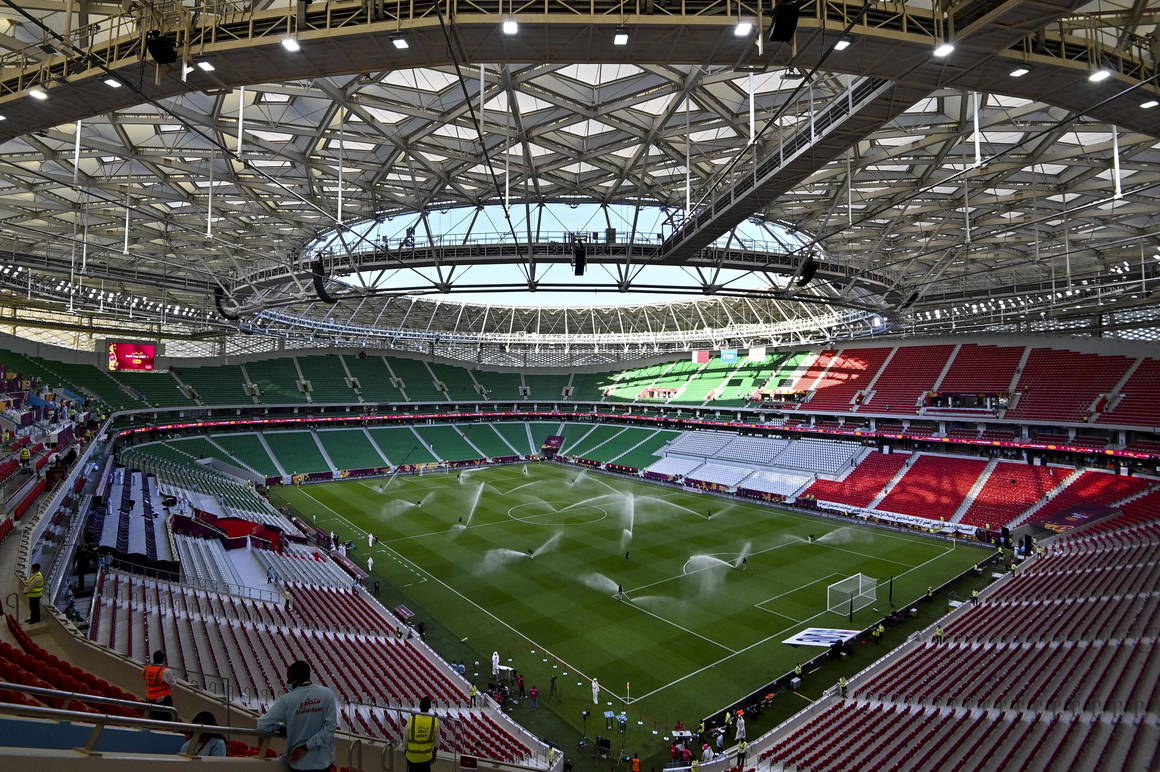
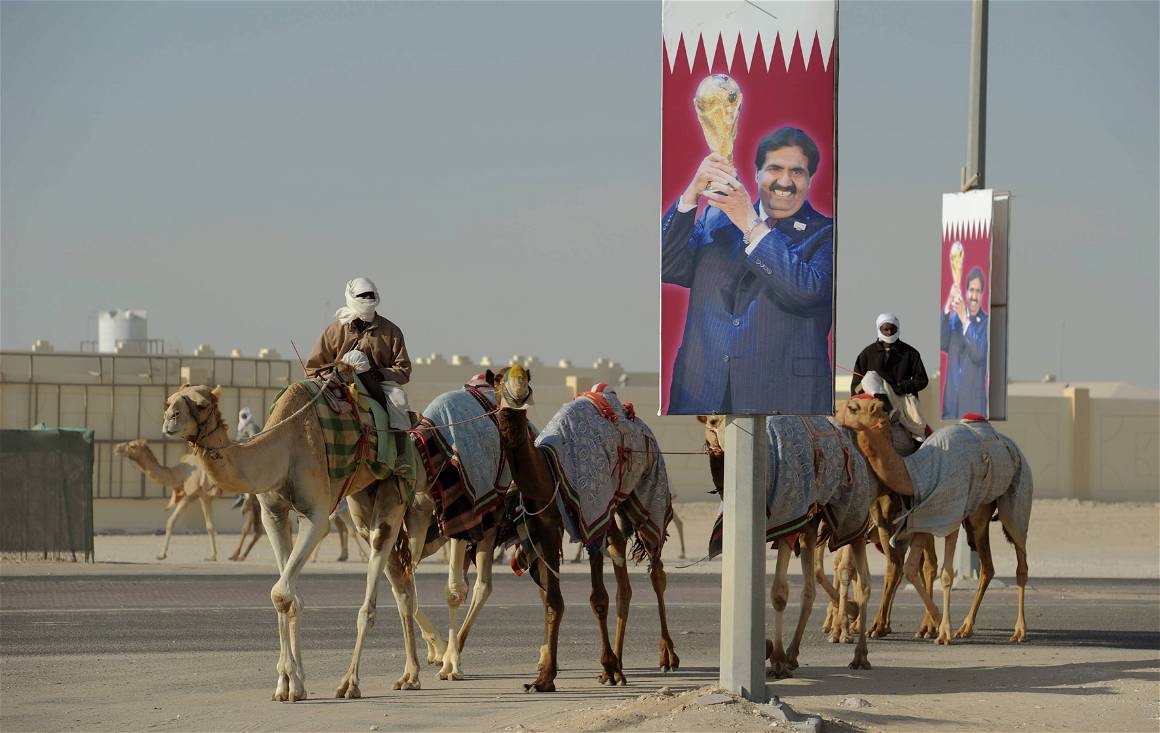
Time for me to declare an interest. I’ve been to Qatar. In a past life as the staff writer of the UK’s best-selling football magazine FourFourTwo, I arranged a cover interview with Xavi, recently appointed Barcelona manager and back then winding down his playing days with Al-Sadd in Doha. I asked him about Qatar’s World Cup preparations and he gave exactly the answer you’d expect him to – standards are improving, he was impressed with the ambitious plans and never saw anything untoward. Worried about blowing a limited budget on flying me and a photographer to Qatar at not an insignificant expense, I didn’t press him further.
Effectively, I’m also complicit. I, too, was silent when I had a voice. It’s something I will forever regret. Revel in the football, enjoy the biggest sporting event in the world – sorry, NFL fans – but don’t forget the costs at the heart of it. Now is the time to make a difference. Football has the power to unite and now is the time for it to act and make yourself heard? .
Football has the power to unite and now is the time for it to act – make yourself heard.
Written by Columnist Andy Murray for our Short Series in the run up to One Year to The World Cup 2022. We will be publishing an article each day this week to celebrate One Year Until Qatar 2022.


